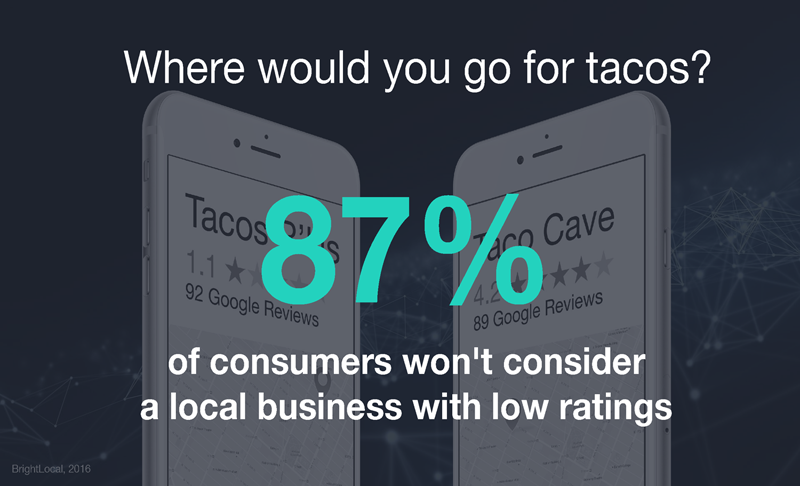Is It The Great Resignation Or the Great Awakening? Where People Go When They Quit.
Julie worked as a marketing executive for a national office supply company for 20 years. She survived and thrived through two mergers, four consulting audits, an unending parade of new CEOs, disruptive technology, management shuffles, and process changes.
When the health crisis hit, the company abruptly abandoned the office and ordered everyone to work from home. On the first day of her new remote working life, she remembers a flood of conflicting emotions.
The first thing she noticed was how quiet it was. The endless chatter of salespeople and co-workers small talking their way out of working was gone. Instead of sneaking around her boss’s office to avoid detection and stay below the radar, she walked from her bed to her kitchen free of prying eyes.
Julie realized that she was alone in her private space, in complete control of how she did her job. Conspicuously absent was the stress of the daily physical grind of schlepping to the office replaced by a sense of unlimited opportunity.
The company told 400 employees that there were likely layoffs due to financial stress from the health crisis. But it wasn’t just the danger of losing her job that motivated Julie to take a significant risk.
She never had equal access to the players at the leadership table. It always felt like she was fighting her way into discussions that she should have moderated. She couldn't do it anymore because she was full of fresh ideas and entrepreneurial drive. The battle for respect and money in this company was over.
Julie remembers sitting in front of a blank Google document that said only “Letter of Resignation.” Thinking she might land her soon-to-be ex-employer as a client, she didn’t know what to write but felt in her gut that she didn’t want to burn any bridges. It touched on work-life balance and unleashing her inner entrepreneur.
She ventured out on her own, offering the same skill set that she used to be successful throughout her career in a new coaching business. First, she lit the match on the freelance marketplaces and landed some gigs. She parlayed the earnings from those engagements into incorporating her company, developing a website, and advertising on social media.
Julie said, "she could no longer ignore her calling and starve her soul for money.”
Recent numbers released by the U.S. Census Bureau found that 5.4 million new business applications were filed in 2021, surpassing the record set in 2020 of 4.4 million, pointing to a rapid growth trend in the wake of the Great Recession.
While we don’t yet know many of these new businesses will succeed, we do know that more people want to work for themselves than at any other time in history.
For Julie, the decision to leave her cozy corporate nest was motivated by a desire to do the work she was most passionate about, rather than a fear of being fired. A new survey from digital.com shows that a third of people considering leaving their jobs plan to start businesses.
These workers aren’t just looking for new jobs with better benefits or salaries. Some see it as a chance to start their own companies – and the result could be a massive influx of entrepreneurs and start-ups, perhaps a seismic shift in the paradigm for earning a living and being happy.
Now that the workforce has experienced a more flexible and healthy work-life balance, nobody wants to return to the way it was. The health crisis gave people time to think about their goals and priorities, and they woke up from their deep slumber as corporate drones. Maybe we should call it the Great Awakening.
Employees also know that employers are struggling to fill many open positions. A recent poll indicates that 66% of respondents believe there are plenty of available jobs. This perception creates an environment that puts many employers at risk—unless they can create a climate and culture that appeals to a restless and demanding workforce.
“Workers are demanding more control over how and when they work. They want to align themselves with the core values of the companies they choose to join,” said Scott Holsman, Founder, and CEO of Next Level Performers, an innovative marketing technology platform for hiring managers that optimizes visibility and distribution for job postings.
Organizations that provide hybrid work opportunities with a culture that helps employees find meaning in their work are likely to stop the exodus of departing staff. To be competitive, employers need to reposition themselves as employee-centric.
Andrew Ellenberg is President & Managing Partner Of Rise Integrated Marketing, a global management consulting firm specializing in original journalism for national distribution.





























